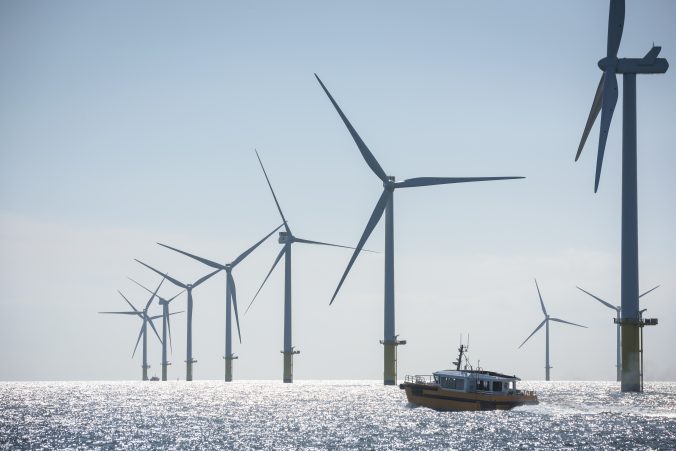HMRC has launched a new one-stop online shop designed to provide taxpayers with information on the tax reliefs and financial help available from HMRC.
In a new section of the GOV.UK website, HMRC has listed financial support available to ensure individuals are not missing out. There is guidance on relief for childcare and work-related expenses, as well as information about savings and getting help if you cannot pay your tax bill.
The shop is designed to make it easier than ever for taxpayers to claim the benefits, credits and allowances they are entitled to. HMRC has provided online guidance and tools to permit people to check if they are eligible for each relief.
Myrtle Lloyd, Director General for Customer Services at HMRC, said:
‘We understand these are very difficult times for many so it’s vitally important we continue to highlight the range of support available.
‘We’d encourage those who think they may be eligible for support to take a look and claim what they’re entitled to – it could make an important difference to household budgets at a time when it’s needed the most.’
Internet link: GOV.UK












